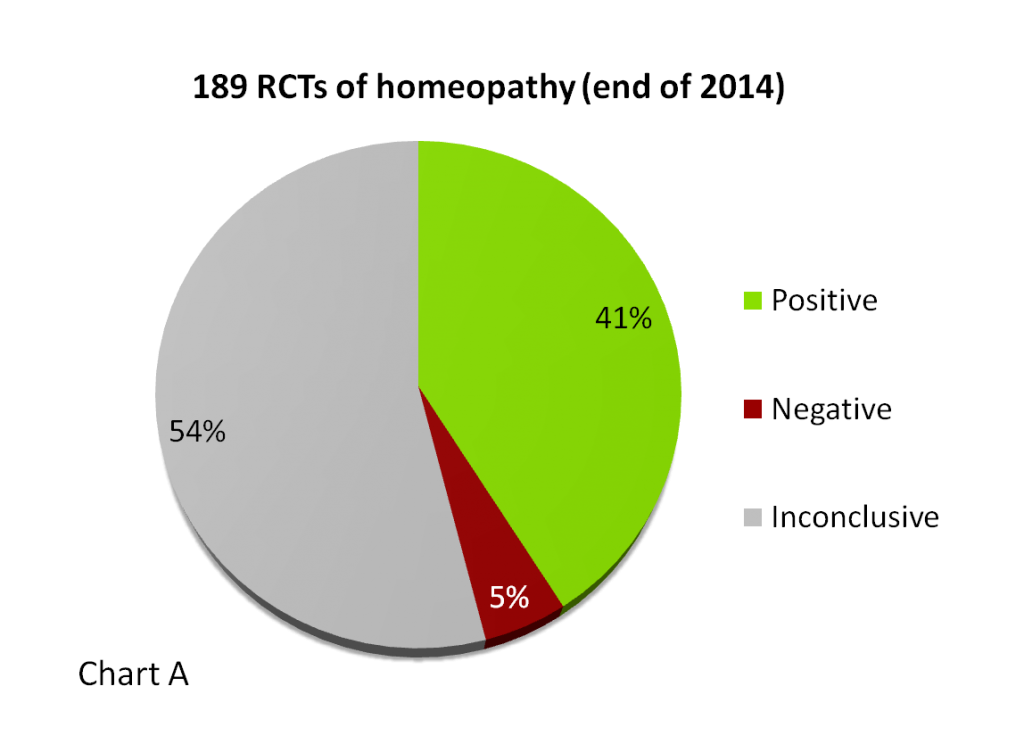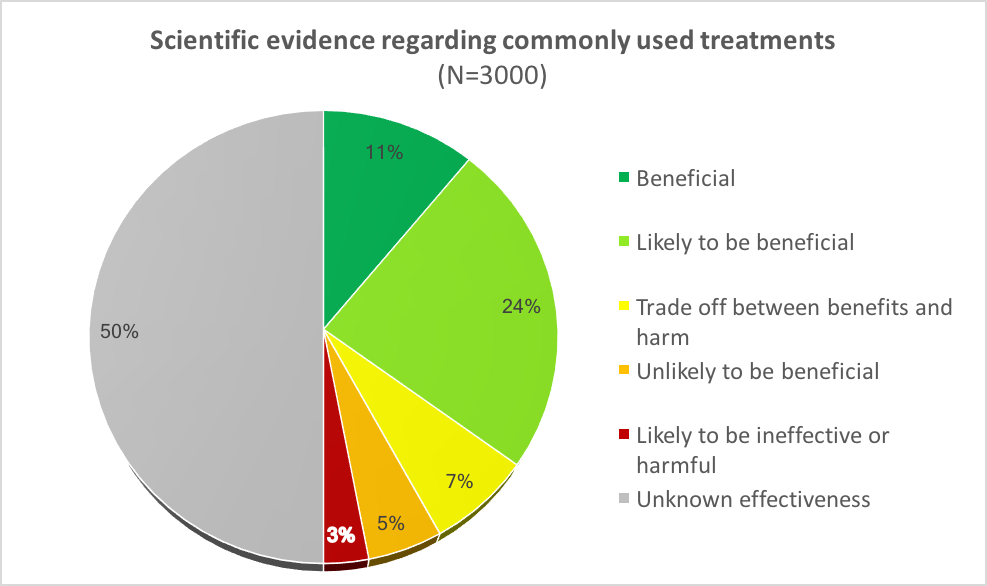Homeopathy
Homeopathy is a system of human medicine founded over 200 years ago by a German physician named Hahnemann. It is now practiced by numerous doctors, vets, dentists, nurses and non-medically qualified practitioners the world over. There are over 250,000 medically qualified doctors all over the world, for example. Scientific research has demonstrated the efficacy of the potentised remedies, despite claims otherwise.
Homeopathy is controversial.
Public figures from politicians to comedians frequently make strong statements against homeopathy, but very few people have actually had the chance to read the facts about homeopathy research for themselves.
Common misconceptions about homeopathy
Click on the link boxes below to read further on these ill-judged misconceptions:
Homeopathy in Humans
Homeopathy in Practice for Horses, Dogs & Cats
Equine Case Study: Jazz the Horse
Canine Case Study: Alfie the Airedale
“Let likes cure likes”, is the cornerstone of Homeopathy. When any substance is given to healthy human volunteers, a physiological reaction is provoked, be it watering eyes when peeling an onion, stomach ulcers with chronic use of aspirin or becoming thirsty after salt. If a homeopathic remedy is given to healthy (human!) volunteers, symptoms are, likewise, provoked. This is called a ‘proving’ of the remedy. The strongest of the symptoms from the proving are then recorded. If, later, the doctor or vet is then confronted with disease that matches the symptoms recorded in the proving, then that remedy can be given therapeutically.
This stimulates a healing response in the body which in turn removes symptoms, regardless whether they come from infection, breakdown or reaction to the environment. The body’s healing mechanisms have been, in some way, enhanced and focused to more rapidly return to greater health.
Veterinary homeopathy uses human remedies in exactly the same way. A full history of the nature of the condition and the nature of the patient is noted. This is analysed by the homeopathic vet to find the closest possible remedy match. The remedy selected is then administered to the animal in tablet or drops on a mild food stuff.
Research is ongoing in homeopathy. Overall, the results are very positive. This is a tribute to workers throughout the world as modern research methods do not lend themselves easily to studying a form of medicine based on individualising prescriptions to suit the patient. Any researchers investigating homeopathy or potentised remedies run the risk of bigoted, illogical, unscientific criticism wholly in opposition to the true spirit of science.
Horses, dogs and cats have been found to respond very well to homeopathic remedies. I have successfully treated hundreds of animals with homeopathy.
If you’re interested, then read “Cancer patients treated with the Banerji protocols utilising homoeopathic medicine: A Best Case Series Program of the National Cancer Institute USA.”
Book an appoinment
Dr. Nick Thompson
BSc (Vet Sci) Hons, BVM&S, VetMFHom, MRCVS.
Holisticvet
The Veterinary Practice
Wadswick Country Store
Corsham
Wiltshire
SN13 8JB (Sat Nav: SN13 0NY)
United Kingdom
Email: nickthompson@holisticvet.co.uk
Tel: 01225 487778





